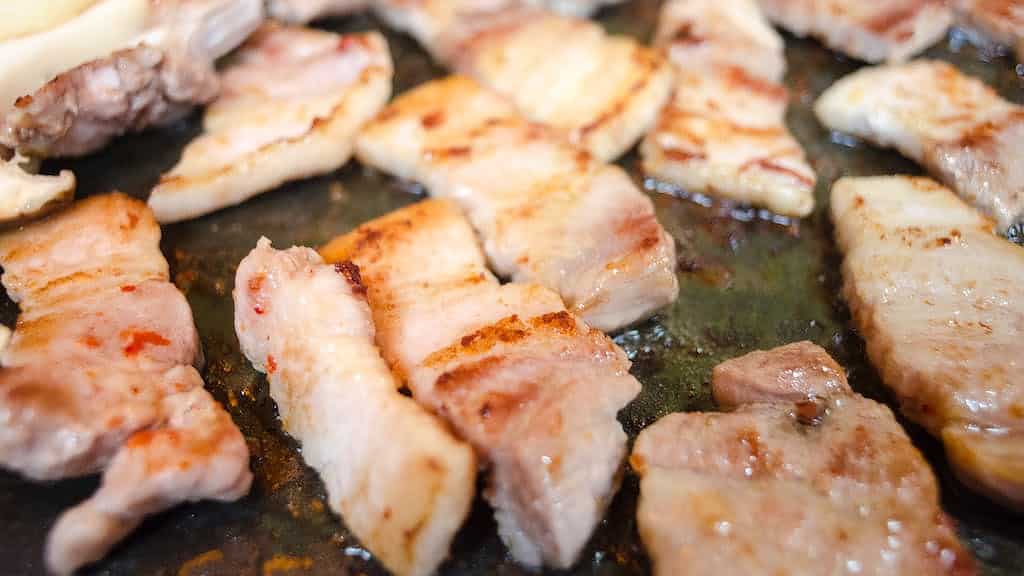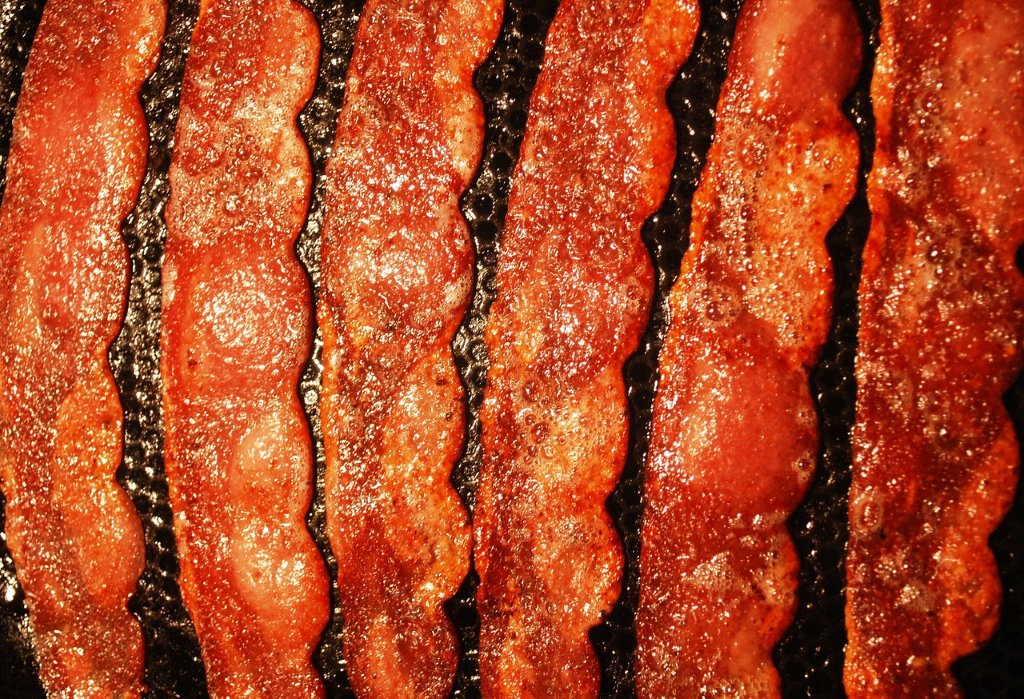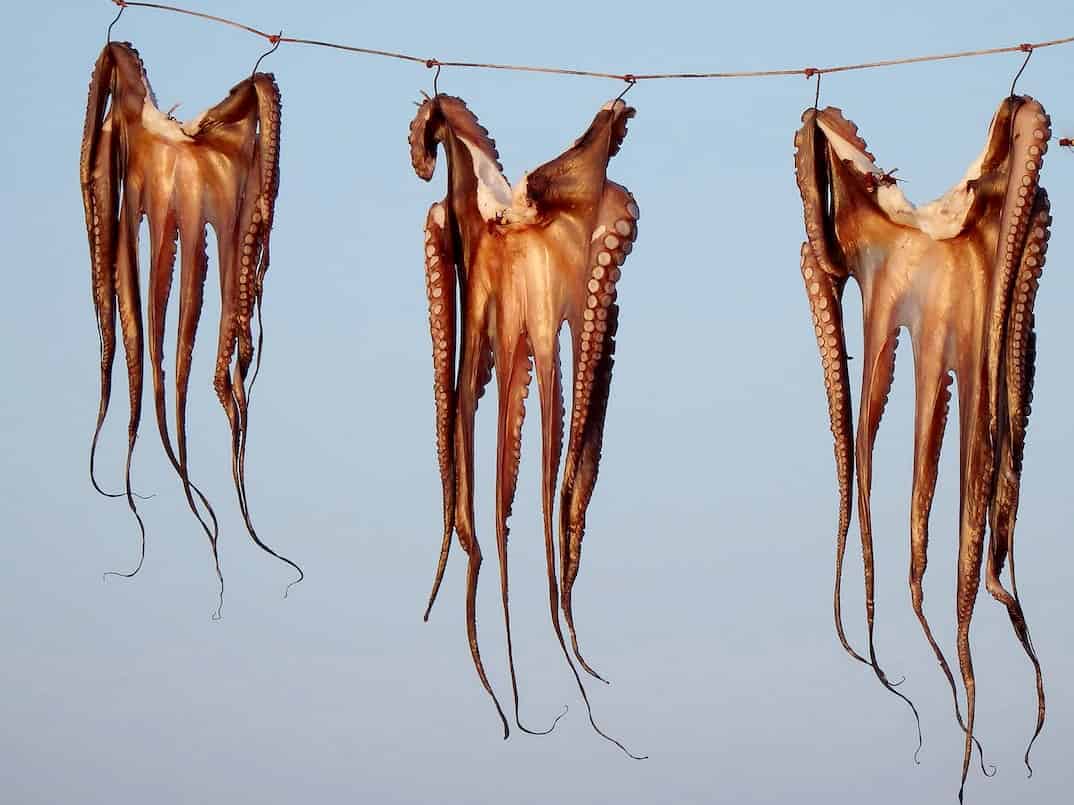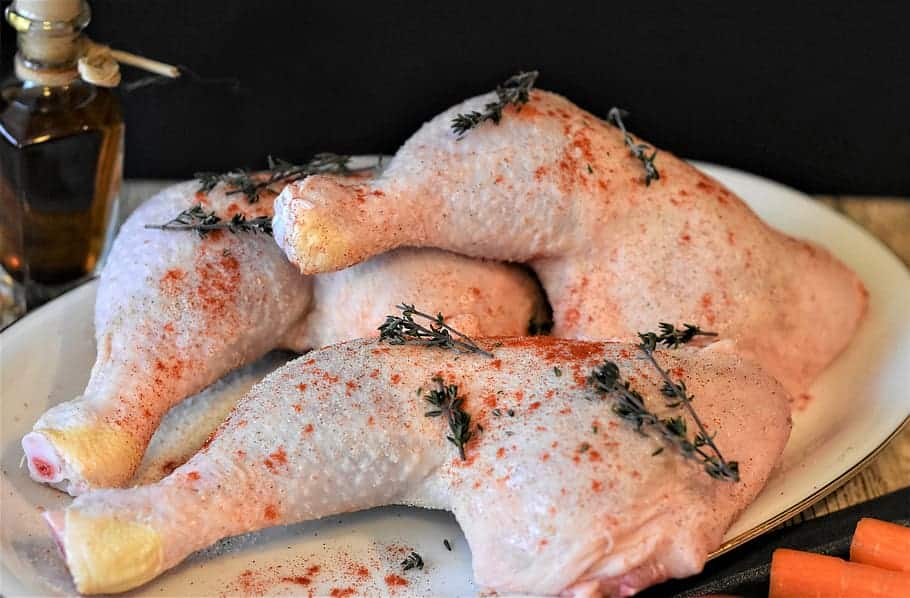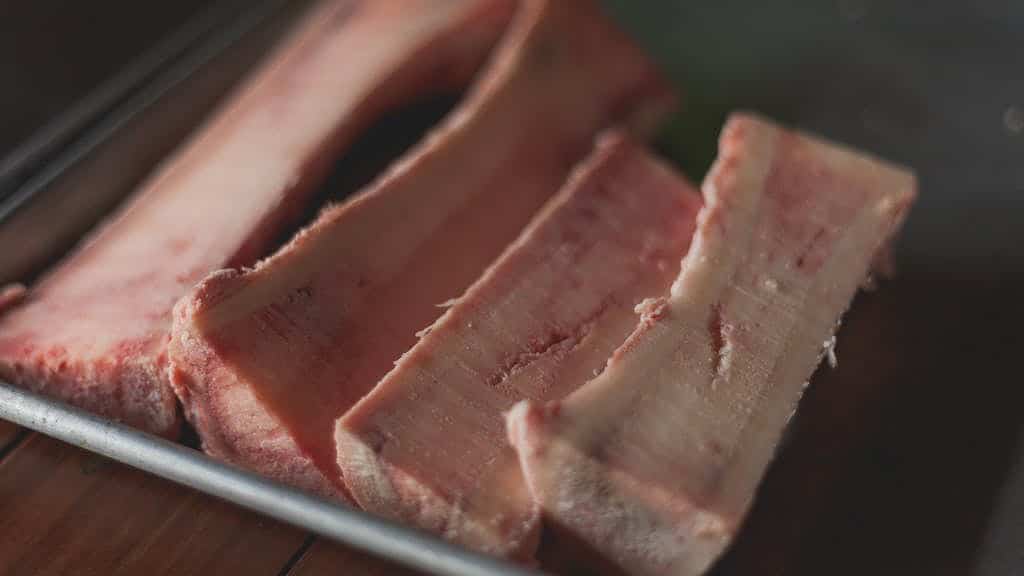Key Takeaways
- Dogs can eat bacon fat in moderation, but it is not recommended as a regular part of their diet.
- Bacon fat is high in fat and can lead to pancreatitis, obesity, and other health issues in dogs.
- Consuming bacon fat may cause digestive upset in some dogs, including diarrhea and vomiting.
- Heat-treated bacon fat is safer for dogs than raw or uncooked bacon fat.
- It is important to consider your dog’s individual health, size, and dietary needs before feeding them bacon fat.
- Consult with your veterinarian before introducing bacon fat into your dog’s diet.
- There are various healthy alternatives to bacon fat that can be incorporated into your dog’s diet for added flavor.
- Feeding excessive amounts of bacon fat can lead to a nutritional imbalance in your dog’s diet.
Summary
Can dogs eat bacon fat? While it may be tempting to feed your furry friend some bacon fat, it’s important to exercise caution. The answer is yes, but only in moderation. Bacon fat is high in calories and can lead to obesity and other health issues if overconsumed. This article delves into the details, explaining the potential risks associated with feeding dogs bacon fat and provides useful guidelines on how to incorporate it into their diet safely. Whether you’re seeking a definitive answer or looking for expert advice on balancing treats and overall nutrition, this article is worth reading for responsible dog owners.

Is Bacon Fat Safe for Dogs?
Many dog owners wonder if it is safe to feed their furry friends bacon fat. While small amounts of bacon fat may not cause immediate harm, it is generally not recommended to include it in your dog’s diet. Bacon fat is high in saturated fats and can lead to obesity, pancreatitis, and other health issues in dogs. Additionally, the high salt content in bacon fat can cause dehydration and electrolyte imbalances in dogs.
Potential Risks of Feeding Dogs Bacon Fat
Feeding your dog bacon fat can have several potential risks. The high fat content can lead to weight gain and obesity, which can increase the risk of various health problems such as heart disease and joint issues. Moreover, bacon fat is often seasoned with spices like garlic and onion, which can be toxic to dogs and cause gastrointestinal upset or even damage to their red blood cells.
Alternatives to Bacon Fat for Dogs
If you want to treat your dog with something flavorful, there are safer alternatives to bacon fat. You can consider using small amounts of lean, cooked meats like chicken or turkey as occasional treats. These options are lower in fat and can still provide a tasty reward for your furry friend without the potential risks associated with bacon fat.
Signs of Pancreatitis in Dogs
Pancreatitis is a common condition in dogs that can be triggered by consuming high-fat foods like bacon fat. It is important to recognize the signs of pancreatitis, which include vomiting, diarrhea, loss of appetite, abdominal pain, and lethargy. If you suspect your dog has pancreatitis, it is crucial to seek veterinary care immediately as it can be a serious and potentially life-threatening condition.
Healthy Diet for Dogs
A balanced and nutritious diet is essential for your dog’s overall health and well-being. Instead of feeding them bacon fat, focus on providing them with high-quality dog food that meets their specific nutritional needs. Consult with your veterinarian to determine the best diet plan for your dog based on their age, breed, size, and any specific health concerns they may have.
Safe Treats for DogsRecipes and Alternatives to bacon fat for dogs
Bacon fat is not recommended for dogs as it can be high in fat and salt, which can lead to pancreatitis and other health issues. It is best to avoid feeding bacon fat to dogs. Instead, here are some alternative foods that are safe and healthy for dogs:
- Lean meats such as chicken, turkey, or beef
- Fish like salmon or sardines
- Plain, cooked eggs
- Plain, unsalted peanut butter
- Plain, unsweetened yogurt
- Fruits like apples, bananas, or blueberries
- Vegetables such as carrots, green beans, or sweet potatoes
Can Dogs Eat Bacon Fat
Welcome to our FAQ page where we answer common questions about whether or not dogs can eat bacon fat. If you’re wondering whether it’s safe to share some bacon fat with your furry friend, read on to find out more.
Is bacon fat safe for dogs?
Bacon fat is not recommended as a regular or significant part of a dog’s diet. While small amounts of bacon fat may not cause immediate harm, it is considered high in fat and can pose potential risks to your dog’s health if consumed in excess.
What are the risks associated with dogs eating bacon fat?
Consuming bacon fat can lead to various health issues in dogs, including:
- Pancreatitis: The high fat content in bacon fat can trigger inflammation of the pancreas, causing pain, vomiting, and diarrhea.
- Obesity: Excessive fat intake can contribute to weight gain and obesity in dogs, leading to further health complications.
- Diarrhea and Upset Stomach: The rich and greasy nature of bacon fat may upset your dog’s stomach, resulting in diarrhea, gas, or discomfort.
- Potential Choking Hazard: Large chunks of bacon or bacon fat can present a choking hazard for dogs, especially those prone to gulping their food quickly.
Are there any benefits of dogs eating bacon fat?
There are no significant health benefits for dogs associated with consuming bacon fat. While it might be enticing for them due to the taste and smell, it’s best to avoid offering it to them.
What should I do if my dog accidentally eats bacon fat?
If your dog accidentally consumes a small amount of bacon fat, observe them for any signs of discomfort or digestive issues. Keep an eye out for symptoms like vomiting, diarrhea, or a lack of appetite. If any unusual symptoms persist or worsen, contact your veterinarian for guidance.
Can dogs eat any part of bacon?
Feeding dogs bacon in moderation is generally considered safe, as long as it’s served in small, well-cooked, and plain pieces without any added seasonings, flavorings, or excessive fat. However, it’s always best to consult with your veterinarian before introducing new foods into your dog’s diet.
What are some healthier alternatives to bacon fat?
If you’re looking to give your dog a treat or enhance their regular meals, there are several healthy alternatives to consider:
- Lean cooked meats such as chicken, turkey, or beef without added spices or seasonings.
- Fruits like apple slices, blueberries, or watermelon (seeds and cores removed).
- Vegetables such as carrots, green beans, or pumpkin (plain and cooked).
- Commercially available dog treats specifically formulated for their dietary needs.
FAQ Overview
While sharing a small piece of bacon or bacon fat occasionally might not cause immediate harm, it’s generally best to avoid feeding your dog bacon fat due to its high fat content and potential risks. Remember to prioritize your dog’s health and provide them with a balanced and appropriate diet to ensure their well-being.
Conclusion
Dogs should not be fed bacon fat as it can have negative effects on their health. While small amounts of bacon fat may not immediately harm dogs, it is still best to avoid giving it to them altogether. Bacon fat is high in fat content and can be difficult for dogs to digest, leading to pancreatitis, a potentially life-threatening condition. Additionally, consuming bacon fat can also lead to weight gain, obesity, and other related health issues in dogs. It is important to prioritize the overall health and well-being of our furry friends by providing them with a balanced and appropriate diet.
📚 Sources:
